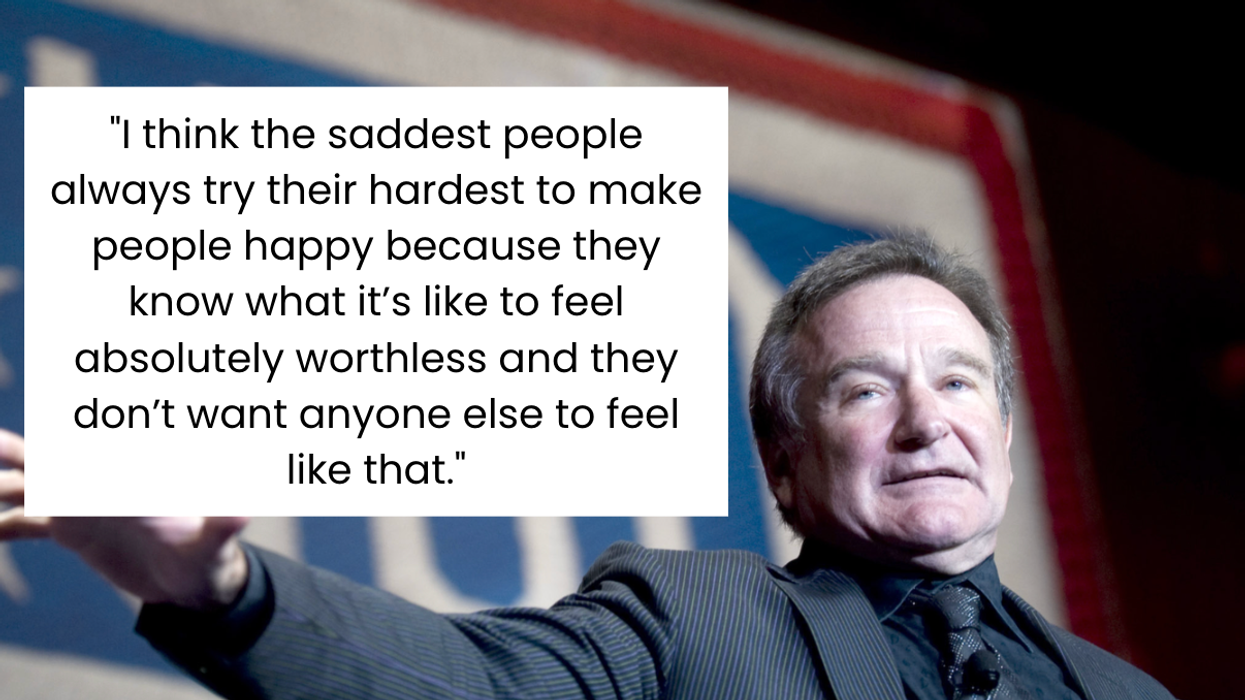The world lost two icons by suicide this week, celebrity chef and adventurer Anthony Bourdain and fashion designer Kate Spade. While both deaths leave permanent holes in U.S. – and global – culture, they are an opportunity for a much-needed discussion on suicide prevention.
The deaths come on the heels of an alarming report by the U.S. Centers for Disease Control (CDC) that shows America’s suicide rate rose 30% between 1999 and 2016.
While the murder rate has fallen dramatically over the past four decades, suicide is on the rise, and the reasons are multiple.
“Suicide in this country really is a problem that is impacted by so many factors. It’s not just a mental health concern,” Deborah Stone, lead author of the CDC’s new study, told NPR. “There are many different circumstances and factors that contribute to suicide. And so, that’s one of the things that this study really shows us. It points to the need for a comprehensive approach to prevention.”
According to the findings published in the CDC’s “Morbidity and Mortality Weekly Report,” 54% of those who died by suicide in 2015 did not have a known mental health condition. Stone noted that “instead, these folks were suffering from other issues, such as relationship problems, substance misuse, physical health problems, job or financial problems, and recent crises or things that were coming up in their lives that they were anticipating.”
Suicide rates rose in every state in the nation besides Nevada. Delaware saw the smallest increase at 5.9%, while North Dakota saw a 57.6% increase over the same period.
While current suicide prevention strategies largely revolve around identifying suicidal people and referring them to help lines, the CDC believes the effort should span individual, family, relationship, community, and societal levels: “Such a comprehensive approach underscores that suicide is rarely caused by any single factor, but rather, is determined by multiple factors.”
If you or someone you know may be considering suicide, contact the National Suicide Prevention Lifeline at 1-800-273-8255 (en Español: 1-888-628-9454; Deaf and Hard of Hearing: 1-800-799-4889 or chat), the Trans Lifeline at (877)565-8860, The Trevor Project at 1-866-488-7386, or the Crisis Text Line by texting “HOME” to 741741.
For international hotlines, please click here.
















 Otis knew before they did.
Otis knew before they did.